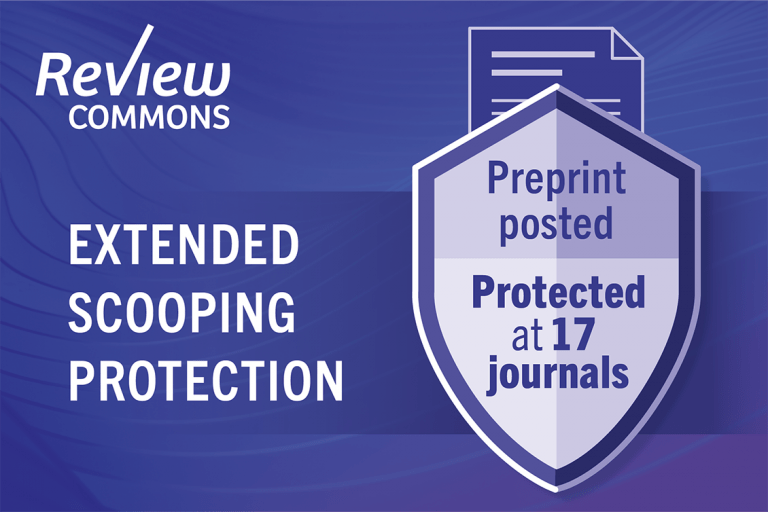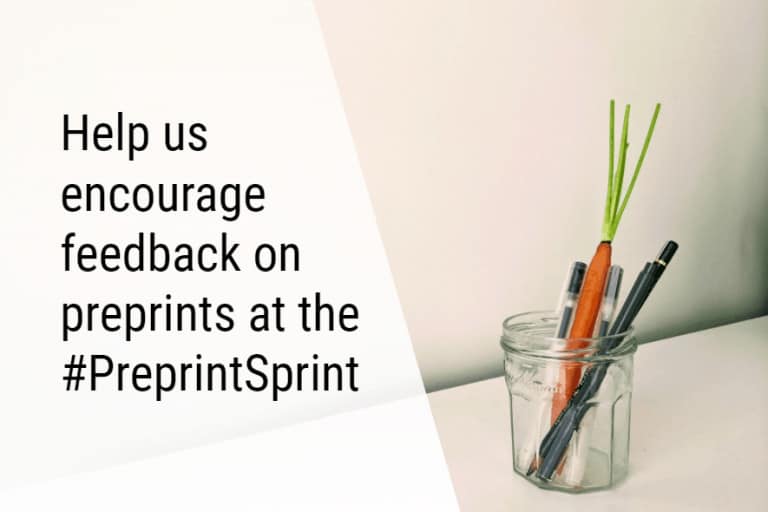What Do Researchers Think about Scholarly Publishing? Five Key Takeaways from a New Survey by cOAlition S
A comprehensive and high quality survey of researcher attitudes toward the scholarly publishing process was published last week. The joint product of a consultation with Research Consulting and the Centre for Science and Technology Studies (CWTS) Leiden, a wide-ranging report on the survey, along with the complete dataset and survey materials, are now available. The…







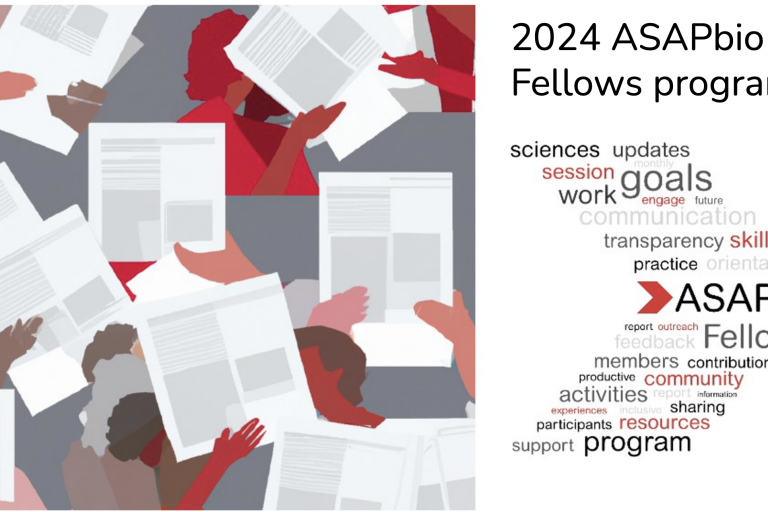





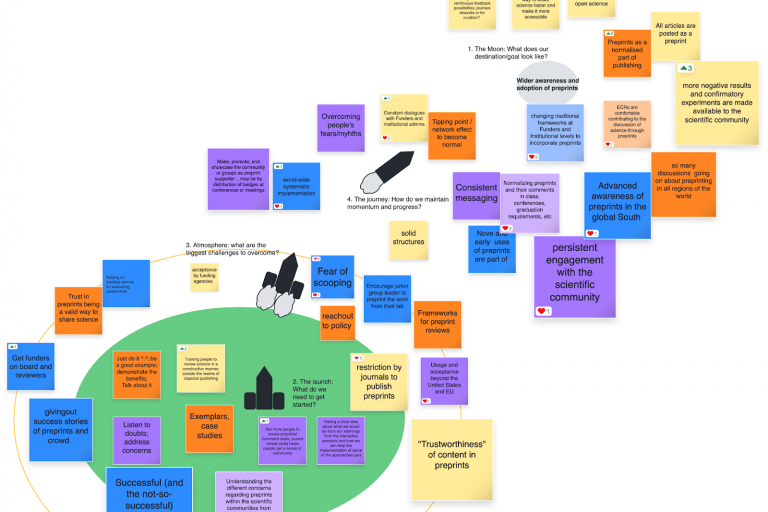

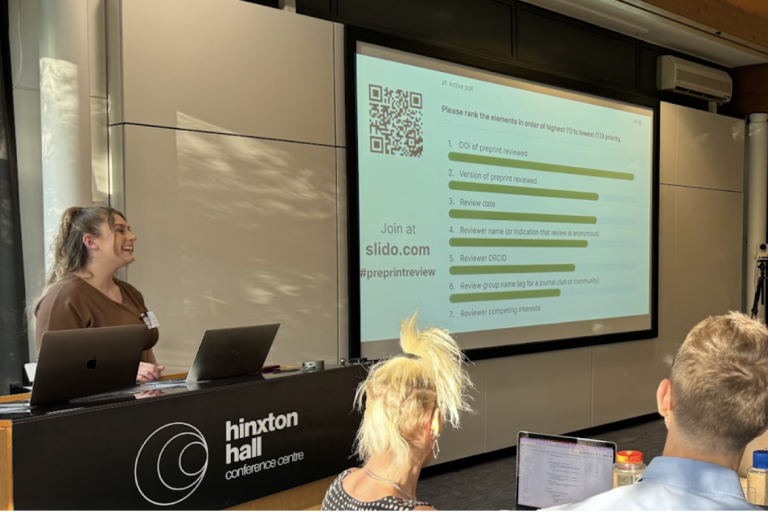

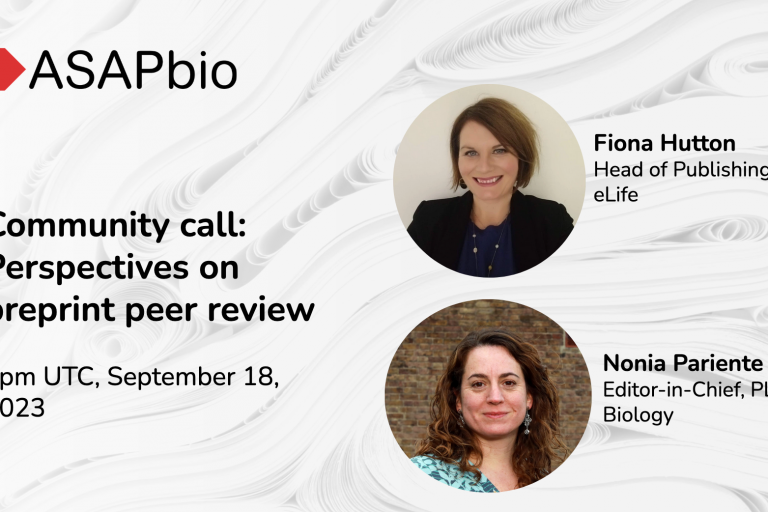









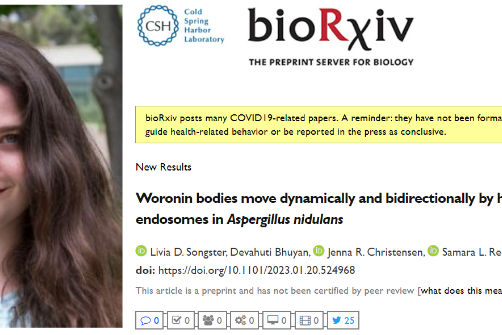








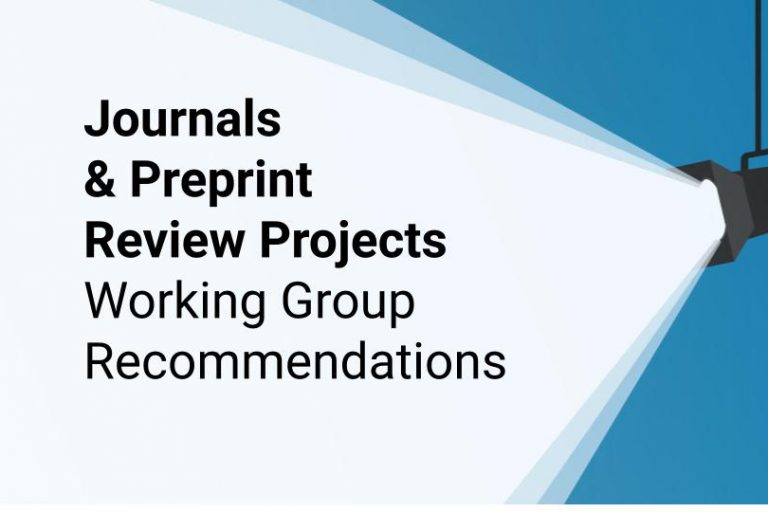

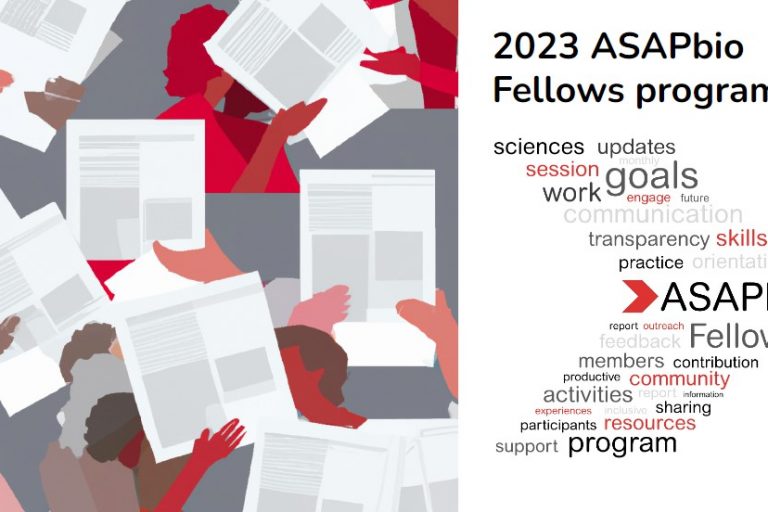



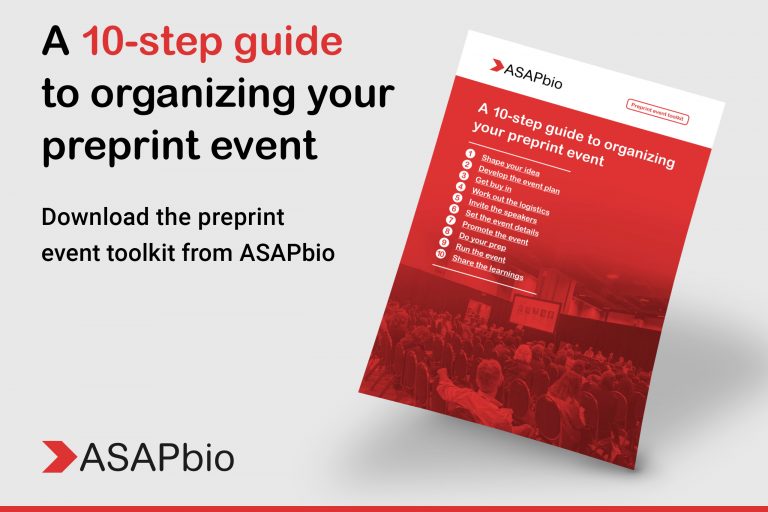



















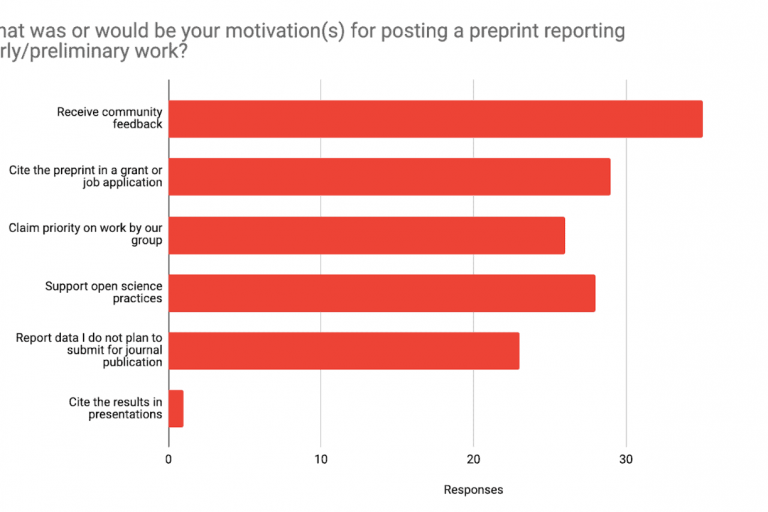









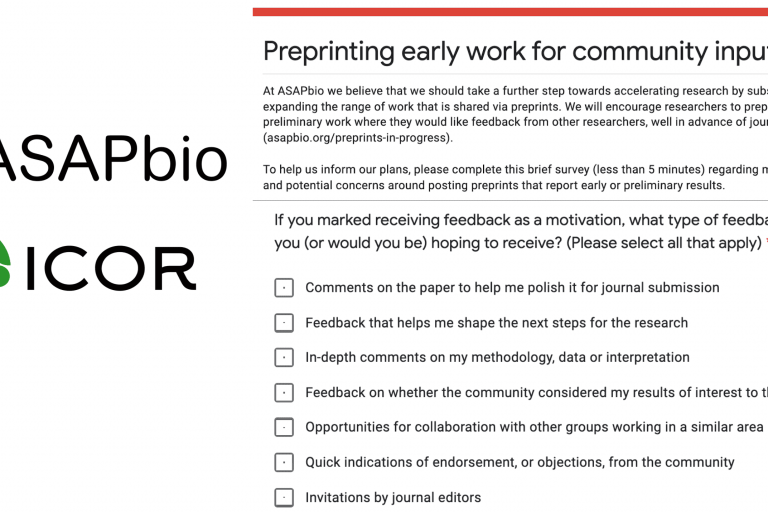


















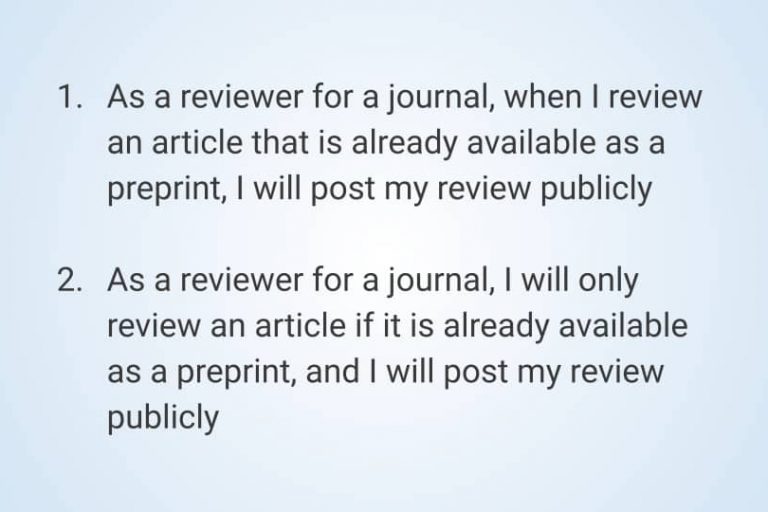








![Yearly preprints/all-papers in Microsoft Academic Graph, trend by domain Yearly preprints/all-papers in Microsoft Academic Graph, trend by domain, reproduced from Xie B, Shen Z, and Wang K 2021 [8]](https://asapbio.org/wp-content/uploads/2021/07/Screenshot-2021-07-01-at-10.03.25-768x512.png)
